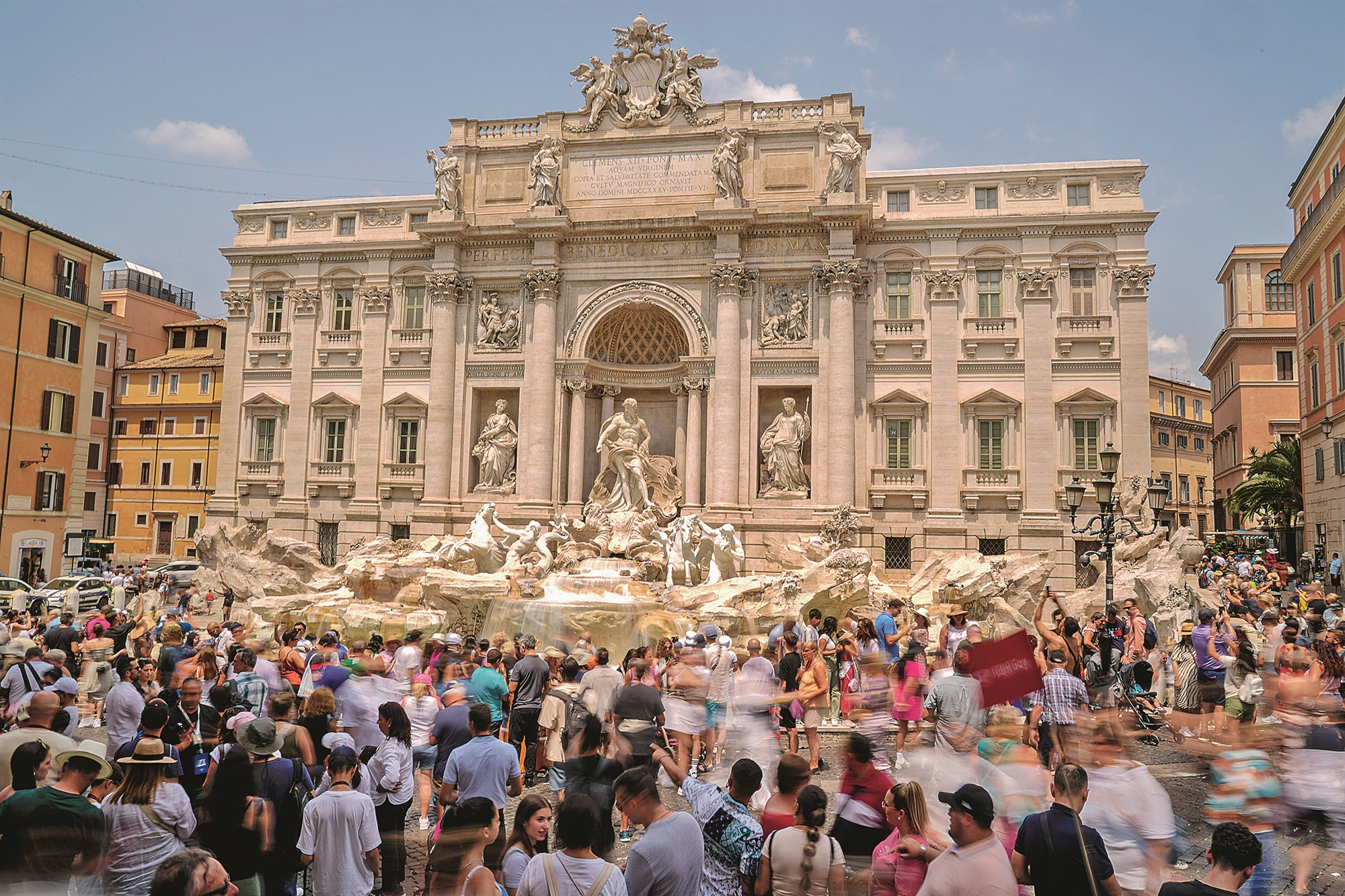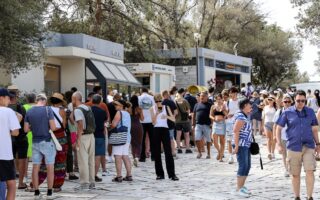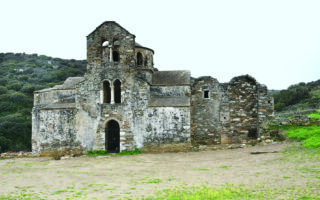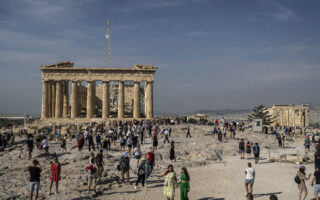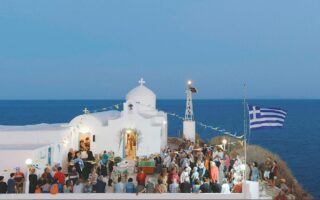An abundance of monuments, but no cultural tourism
Experts discuss ways of improving Greece’s performance, consider country’s absence from niche’s top 10 ‘a slap in the face’
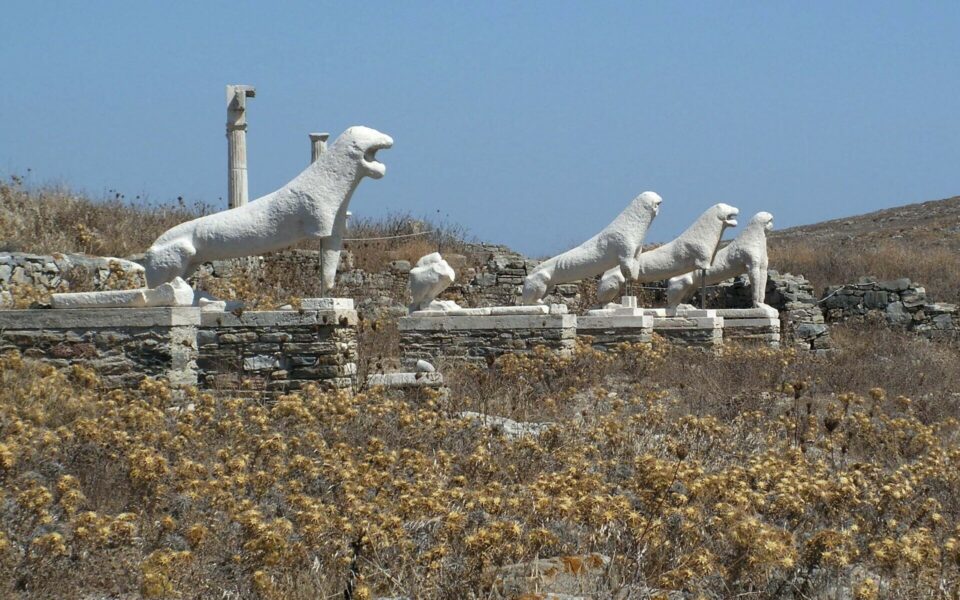
The weaknesses, but also the opportunities for cooperation between culture and tourism, considering that Greece is not in the top 10 of the most popular cultural tourism destinations, was the topic of a workshop titled “Culture and Tourism: One Step Closer,” which took place on September 19, organized by the Ephorate of Antiquities of the Cyclades and the industry initiative Marketing Greece.
The data presented at the workshop comes from a study conducted by the Association of Greek Tourism Enterprises (INSETE) which was based on a 2019 survey, though Greece’s low performance remains the same today, according to information from Marketing Greece.
As the president of Marketing Greece, Ioanna Dretta, pointed out at the event, there is room for improvement, since the worlds of culture and tourism have “more points on which they agree than those they disagree on.”
The head of the Ephorate of Antiquities in the Cyclades, Dimitris Athanasoulis, described Greece’s absence from the top 10 cultural tourism destinations as “a slap in the face,” noting that Mykonos draws around 2.5 million visitors per year while Delos, a major archaeological site located a mere 3.5 kilometers away from its popular aforementioned neighbor and a UNESCO World Heritage site, attracted just 180,000 visitors.
The cultural tourism market amounts to 950 billion dollars and the most active ‘cultural tourists’ in 2019 came from China, the US, Germany, France and the United Kingdom
Athanasoulis said that “the meeting of culture and tourism” requires institutional changes as well as “a convergence of mentalities.” INSETE content manager Angeliki Karagouni said that the specific market amounts to 950 billion dollars, and that the most active “cultural tourists” in 2019 came from China, the US, Germany, France and the United Kingdom, who chose, in order of preference, Italy (7.2% of total visits), France, Spain, China, the US and Japan.
Cultural tourists in Greece amounted to just 2.2% of total visits in 2019.
The INSETE study showed that the country scores less favorably among tourists than the Southern European average in terms of the diversity of attractions, the state of archaeological sites, shopping options, cleanliness of public spaces, online applications for tourists and more, while it scores high on ticket prices and services of museum staff.
The recommendations made in the study include, among others, the extension of the opening hours of archaeological sites and museums and improving museum shops.
For her part, Betty Hatzinikolaou, former president of National Tourism Organization (EOT), stressed the importance of cultural tours as organized cultural products and the usefulness of highlighting Byzantine monuments and ancient Greek mythology, while Aigli Balamatsi, CEO and executive strategy director at Interweave, shared her experience of the Grand Egyptian Museum, which is slated to open in the next few months and whose branding and marketing have been in the works for 10 years.
Massimo Osanna, director general of Italian Museums, presented the electronic application for Italian museums which, among other things, promotes less prominent ones, while Angeliki Kottaridi, curator of antiquities of Imathia and director of the Polycentric Museum of Aigai, emphasized the usefulness of the multi-day ticket and the importance of museum autonomy.
Giorgis Manginis, academic director of the Benaki Museum in Athens, explained the value of the holistic experience that museums can offer.
